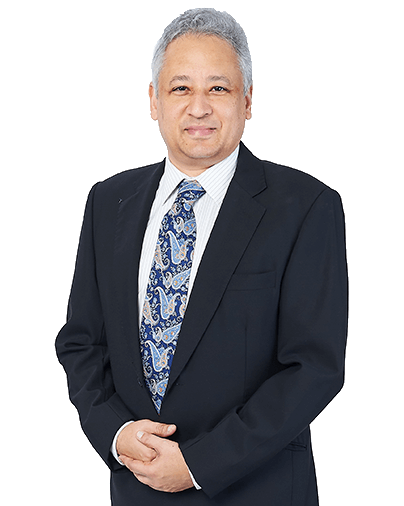Blood is carried to the brain and head through a pair of blood vessels called the carotid arteries. Carotid Artery Disease is caused by a gradual build up of waxy deposits called plaques, over the inner surface of the arteries. These plaques can block the blood supply being transported to the brain and might lead to a stroke or Transient Ischemic Attack (TIA), also recognized as "mini-stroke", that occurs if there is a blood clot that restricts an artery supplying blood to the brain.
Carotid Artery Disease is responsible for 20%-30% of all strokes. The treatment of Carotid Artery Disease might include a mixture of lifestyle changes, medication and in certain causes, surgery.
The causes of Carotid Artery Disease includes:
- Modifiable causes
- Obesity, diabetes, high blood pressure, and high cholesterol, which can increase the risk of carotid artery disease
- Smoking, lack of exercise and an unhealthy diet
- Non-modifiable causes
- Age (women who are over the age of 75 have a greater risk than men in the same age group, and men ytounger than the age of 75 are more susceptible to developing carotid artery disease than women in the same age group)
- Family history of the disease
- Those who suffer from Coronary Artery Disease (hardening of the arteries supplying blood to the heart) are more susceptible to developing Carotid Artery Disease
Carotid Artery Disease might be asymptomatic. TIA can occur if the plaque build-up is undetected and can increase the risk of stroke immensely.
TIA symptoms are temporary and can vary between from a few minutes to a few hours, also they might include any of the following:
- Difficulty swallowing
- Difficulty talking
- Numbness, tingling or weakness on one side of the face or body, or in one arm or leg
- Sudden dizziness or confusion
- Sudden lack of coordination, balance, and difficulty in walking
- Sudden loss of or blurred vision
- Sudden severe headache
- It is vital that you seek emergency help to receive immediate treatment in order to prevent the progression to a stroke
Your doctor will examine your condition and discuss with you the best treatment options that are tailored just for you. These might include a mixture of:
- Lifestyle changes
- Limit alcohol consumption
- Maintain a healthy diet
- Maintaining control of your blood pressure, diabetes, and other heart diseases
- Quit smoking
- Take regular exercises
- Medication to reduce the risk of stroke and other heart disease complications, as well as clot-dissolving medications
- Surgery to unblock the artery and prevent future strokes
The most common complication of carotid artery disease is a stroke. Strokes can lead to:
- Death
- Muscle weakness and paralysis
- Permanent brain damage









c83e8127-de61-40bf-b843-efaab96feccc.png?sfvrsn=baec426a_11)



.jpg?sfvrsn=869a0760_1)






